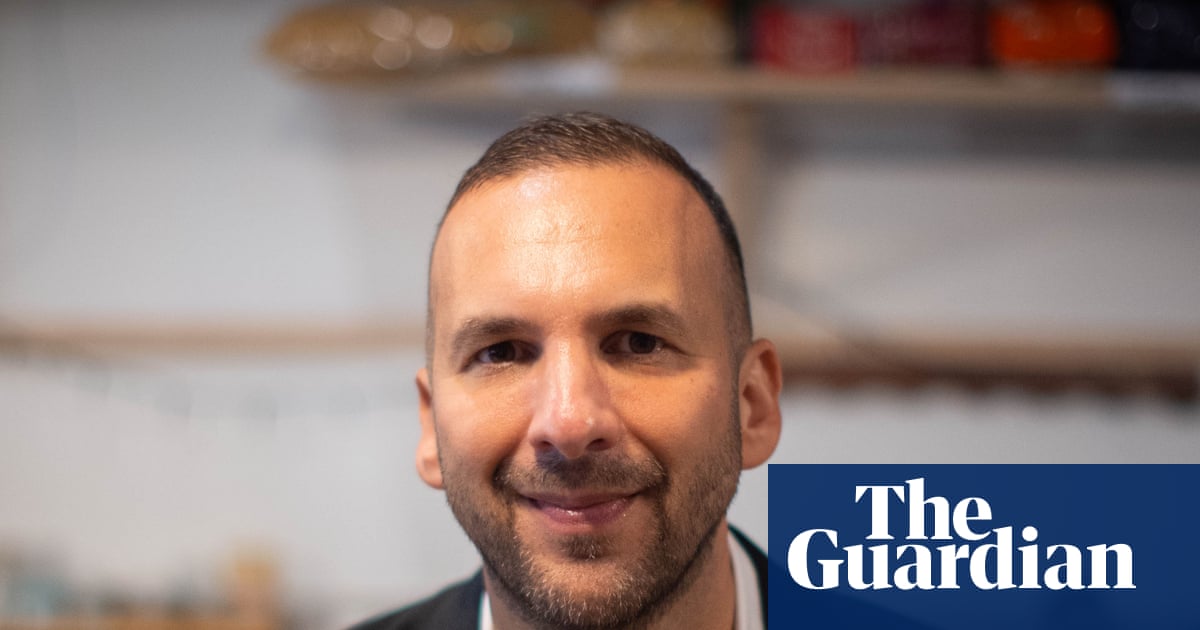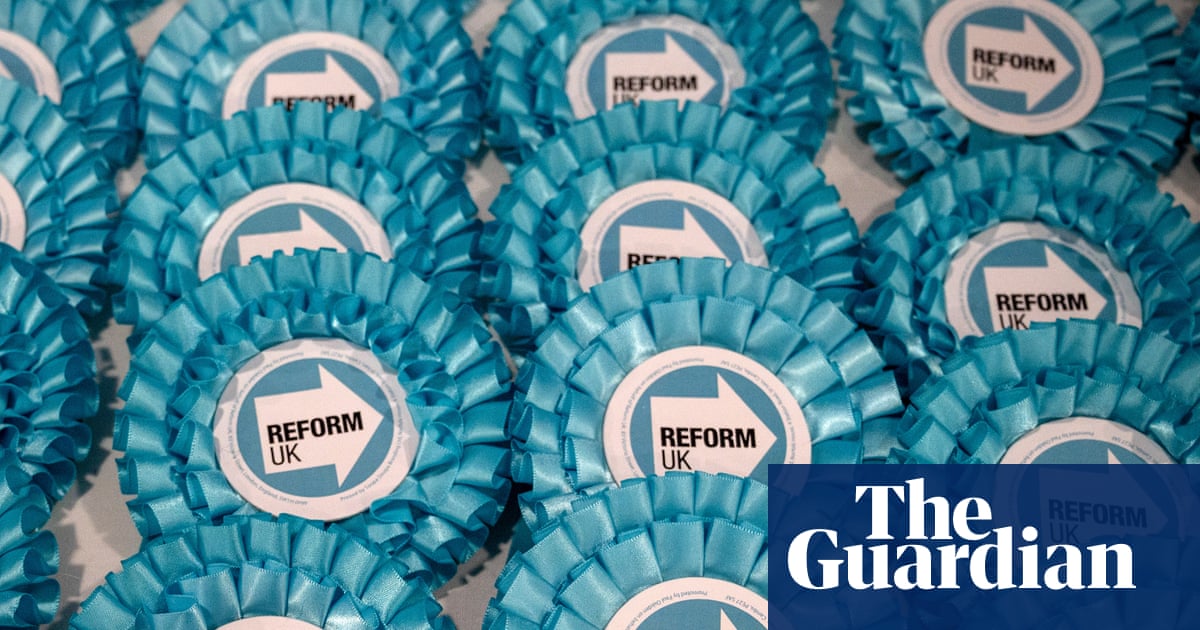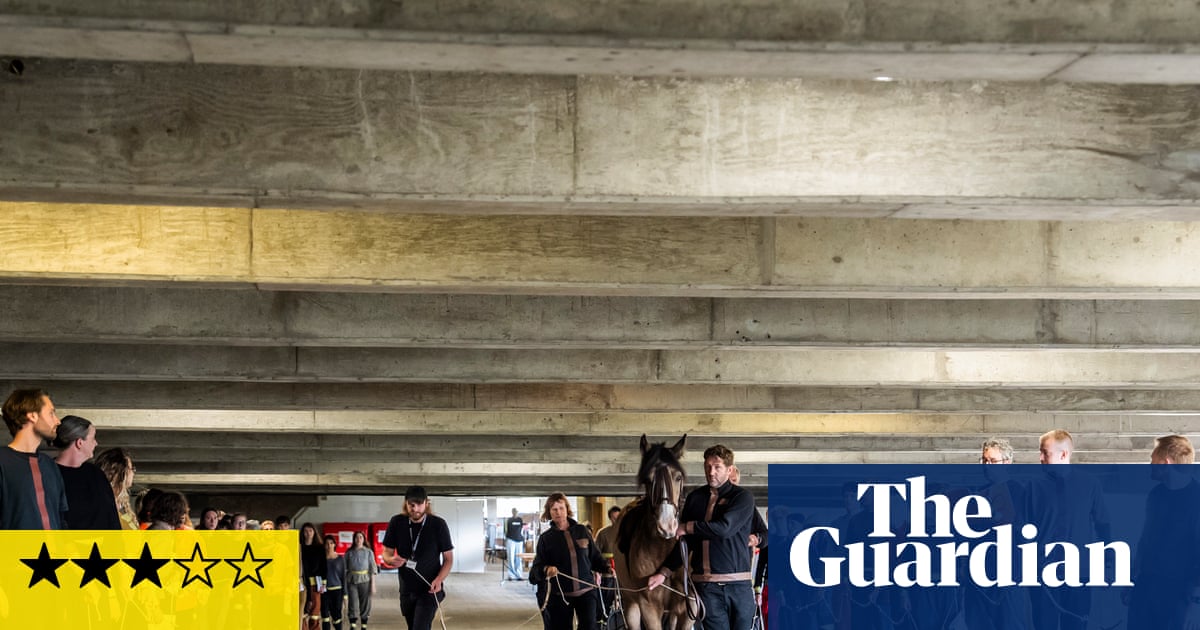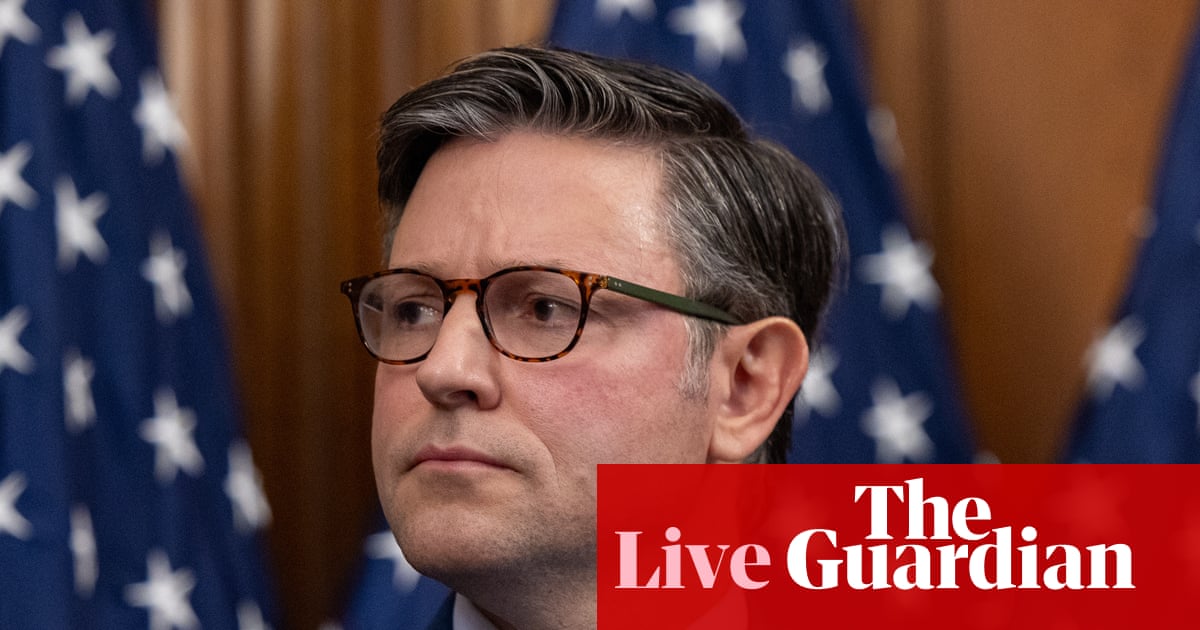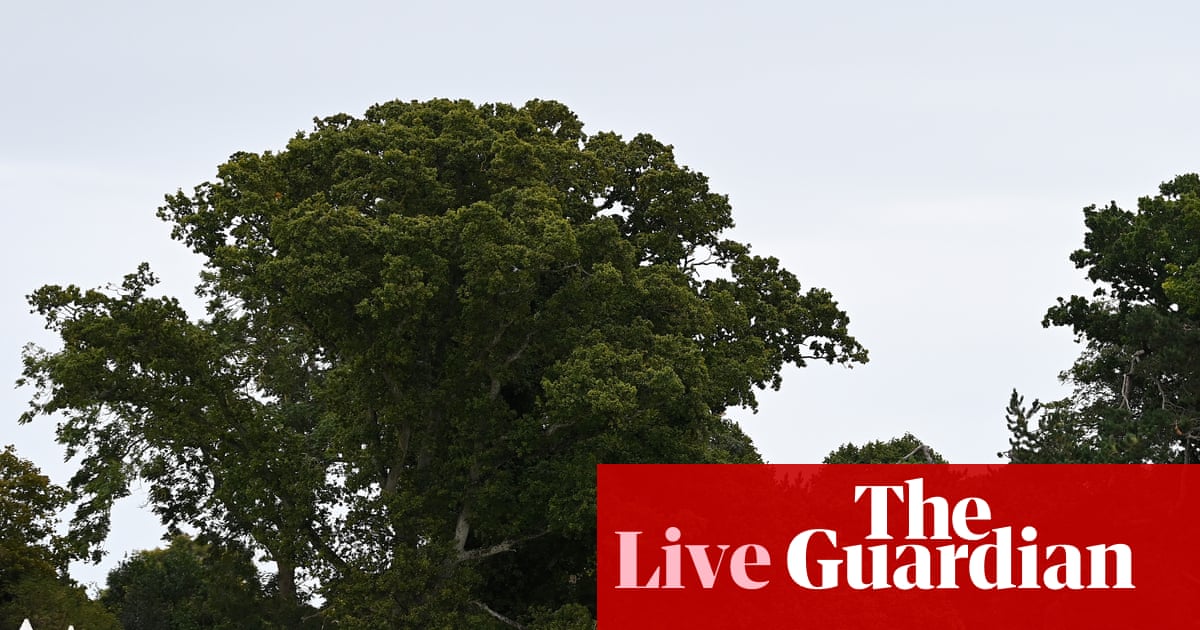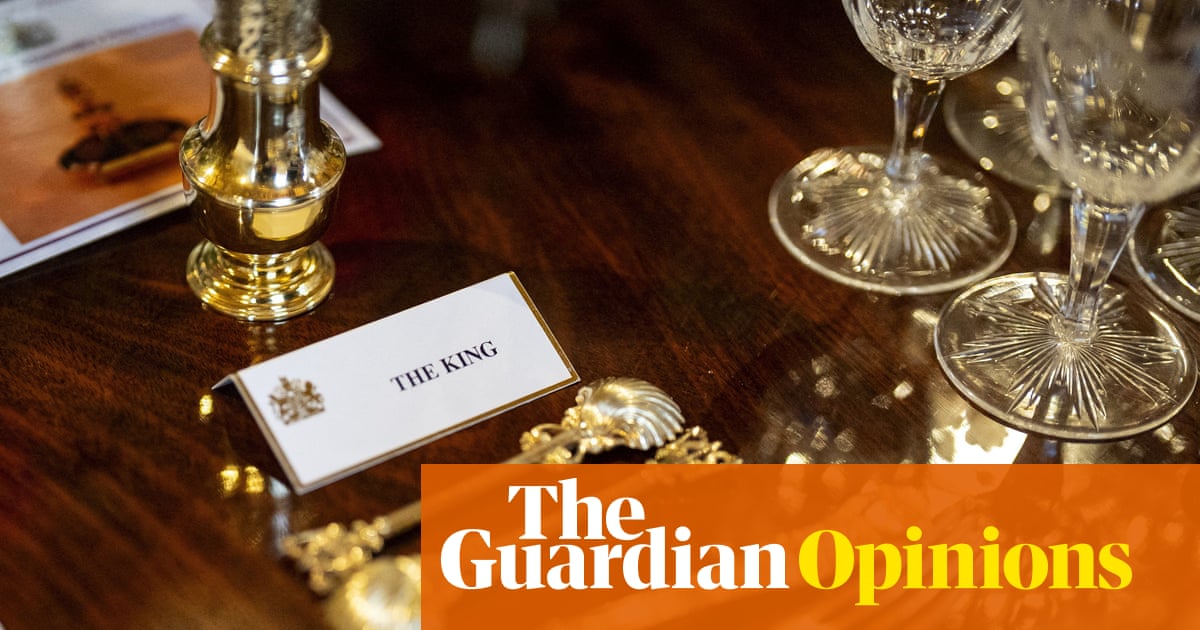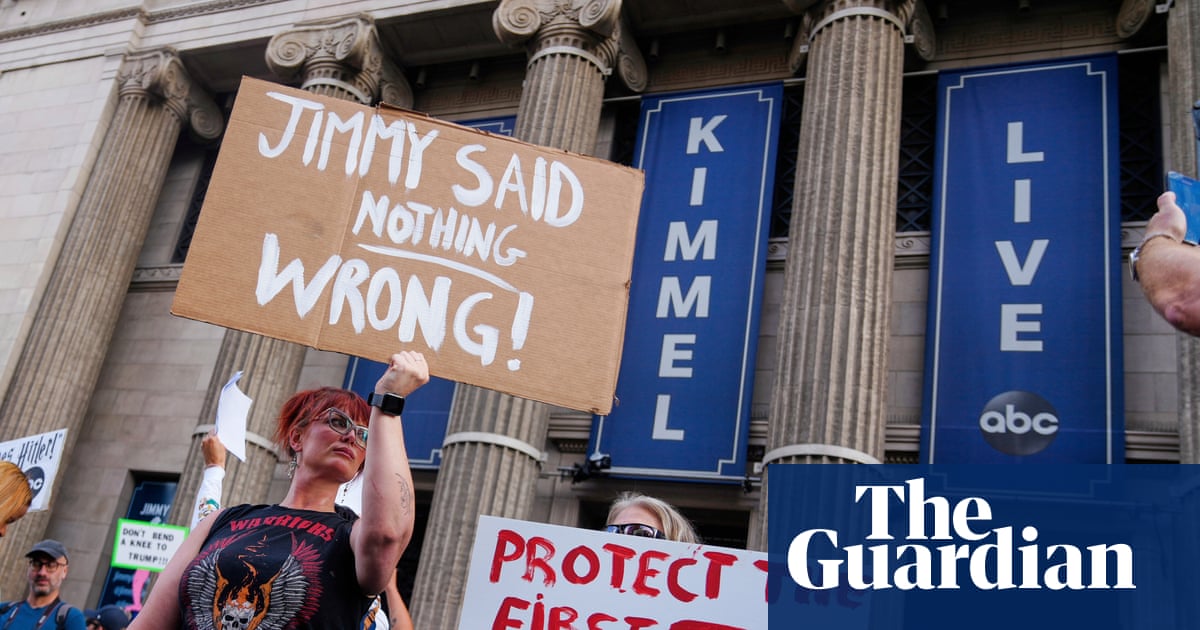Donald Trump is threatening to keep 25% tariffs on some or all of its steel imports from the UK unless it gives specific guarantees over the Indian-owned steelmaking plant at Port Talbot in south Wales, sources have told the Guardian.
An agreement to reduce tariffs on UK car exports to the US and scrap them for the aerospace sector was signed off by the US president and Keir Starmer on Monday, on the sidelines of the G7 summit in Canada.
However, it did not include the removal of tariffs on steel imports from the UK. Officials are still negotiating over the fine points of a deal to cover the steel and aluminium industry, amid US concerns about the fact that Tata Steel imports raw materials from abroad.
Starmer told reporters in Banff, Canada: “There’s further work to do in relation to steel, but we’re getting on and doing that work.”
Trump and Starmer announced the main terms of the trade agreement in May, with the UK prime minister calling it a “fantastic, historic day”. According to that deal, tariffs on up to 100,000 British cars are due to be reduced to 10% from 27.5%.
As it stands, UK steelmakers still face 25% tariffs, although this is lower than the global tariff of 50% imposed by the Trump administration on other nations. The UK business department said the two leaders had pledged to “make progress towards 0% tariffs on core steel products as agreed” in May.
The deal was heralded by Downing Street as a triumph for Starmer’s brand of gentle diplomacy, in which he wooed the president with the promise of a state visit while shying away from any direct criticism on topics such as trade.
The May trade announcement itself was followed by weeks of further talks as the two sides continued to negotiate over the small print. Monday’s announcement by the two leaders means the tariff reductions will kick in for aerospace and automobiles over the coming weeks, with Starmer saying they would begin “very soon”.
However, the Trump administration is understood to be seeking further guarantees on British steel exports, given Tata Steel has closed its blast furnaces at Port Talbot last year and therefore now imports raw materials from abroad until the planned opening of a new, much cleaner electric arc furnace in 2027.
According to US import rules, steel must be “melted and poured” in a country to qualify as having originated in that country.
The company says these supplies come from Tata’s other sites, mainly those in the Netherlands and India.
US trade officials are considering granting Tata an exemption, sources say, but are asking for guarantees about when it will switch on its new electric arc furnaces, and therefore stop importing raw materials from abroad. They also want to know where those supplies are coming from and how Tata is able to track their movements throughout the supply chain.
The British government is hoping that the fact that Tata does not import any of the raw steel from China will persuade the Trump administration to include all British exports in the deal.
after newsletter promotion
Starmer is sending his business adviser Varun Chandra to lead a delegation to Washington next week, and officials say they are confident of striking a final deal next month.
The Chinese ownership of British Steel, which has a separate plant at Scunthorpe, is understood not to be an issue since the government took over its management.
Alasdair McDiarmid, the assistant general secretary of the steel industry union Community, said on Tuesday: “It is now absolutely vital that a deal for steel is secured as soon as possible. Our steel producers and their US customers need an end to the current state of uncertainty to allow normal business to resume.
“Crucially, we must see a full exemption for all UK steel exports to the US – without that guarantee, some of our leading steel businesses could be left behind, with a threat to jobs and livelihoods.”
A government source said: “Thanks to our agreement with the US, the UK is the only country in the world to be exempt from the 50% tariff on steel and aluminium that other countries now face.
“Yesterday the US president confirmed his intention to work with the UK to remove the 25% tariffs on steel and aluminium, helping us to ensure they can be implemented as soon as possible and in the best interests of the UK industry.”
Additional reporting by Peter Walker in Banff

 3 months ago
39
3 months ago
39
